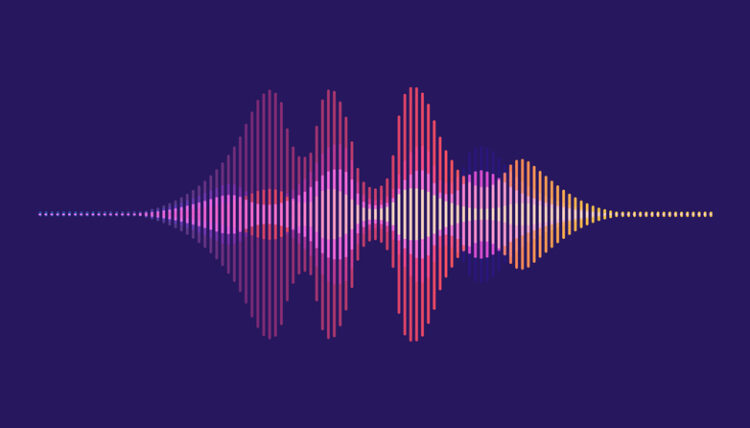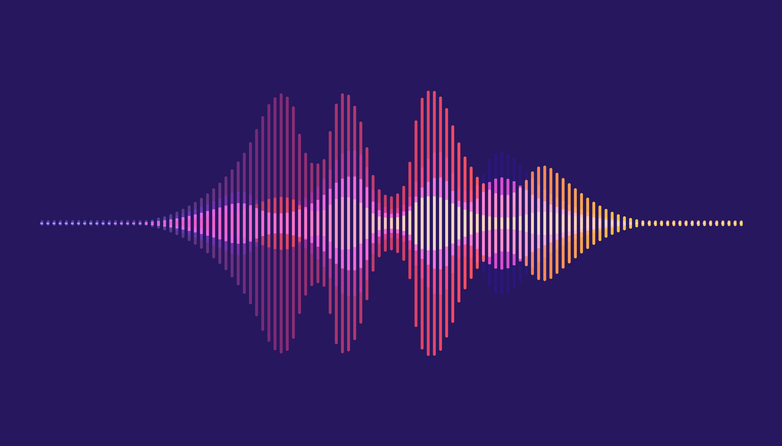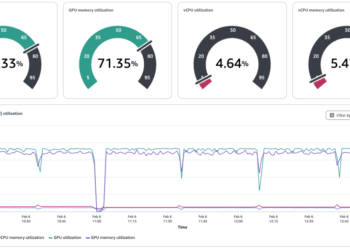As scientific burnout continues to be a serious situation plaguing the healthcare business, AI scribing instruments are gaining recognition. These instruments — made by corporations similar to Nuance, Augmedix and DeepScribe — use speech recognition and pure language processing to document and transcribe physician-patient encounters.
This week, EHR firm Elation Well being launched outcomes of a survey it carried out to be taught extra about how major care physicians really feel about AI scribes. The corporate surveyed 229 of its clients, all of whom have been unbiased major care clinicians. It discovered that almost all of respondents had not but tried an AI scribe resolution however have been cautiously optimistic in regards to the emergence of those instruments.
The survey discovered that 67% of major care physicians haven’t but tried an AI scribe and wish to their EHR vendor to information them to the software that finest integrates with their system.
“Incorporating instruments like AI scribes right into a supplier’s each day workflow is one thing major care physicians are evaluating, given the potential advantages,” stated Phill Tornroth, Elation’s vice chairman of engineering and AI innovation lead. “For EHR distributors specifically, we’ve got a possibility to not put the burden of vetting and contracting with one more know-how supplier on a busy observe’s to-do checklist.”
Physicians who’re holding off on adopting AI scribes cited a insecurity in these instruments’ accuracy and accessibility. In addition they identified that they don’t have any time to analysis and evaluate the varied options on the market.
When requested about how they hope AI scribes might doubtlessly profit them sooner or later, physicians who haven’t but examined the instruments stated that they want to see time financial savings, lowered cognitive burden, improved job satisfaction, higher affected person focus and extra time for care coordination.
On common, physicians spend almost two additional hours every day finishing documentation outdoors workplace hours, Tornroth identified. Due to this, time financial savings is a good thing about AI scribing instruments that’s particularly of curiosity to major care physicians.
“I’ve talked to early adopters of AI scribe know-how at a number of practices and scientific environments who report financial savings of a number of hours per week. The potential this know-how has for time financial savings and improved clinician and affected person expertise together with lowering time documenting afterhours for suppliers is big,” Tornroth declared.
He additionally famous that assuaging physicians’ documentation burden can restore pleasure of their craft, as this enables them to give attention to why they possible turned a health care provider within the first place: to care for sufferers.
There have been emotions of dissatisfaction among the many 33% of surveyed physicians who’re already trialing AI scribes, although. They expressed the necessity for higher options to help template personalization, create affected person schooling supplies, and automate repetitive processes like lab, imaging and referral orders.
Main care physicians want built-in options they will belief to work seamlessly of their EHR workflows, in addition to give them final management over the ultimate be aware, Tornroth stated. To ship this, AI scribe distributors should rethink a few of their design patterns and surfaces to make sure their know-how is integrated into scientific workflows fully and safely, he added.
“By permitting physicians to optimize their scientific pondering and unburden themselves of administrative duties whereas creating belief in AI, we’ll be capable of do what different instruments have failed to realize. Nonetheless, if these AI scribe instruments are developed independently like so many different applied sciences in our area, bolted onto current EHRs, we’ll miss the alternatives to ship on that potential,” Tornroth declared.
Photograph credit score: iNueng, Getty Pictures





